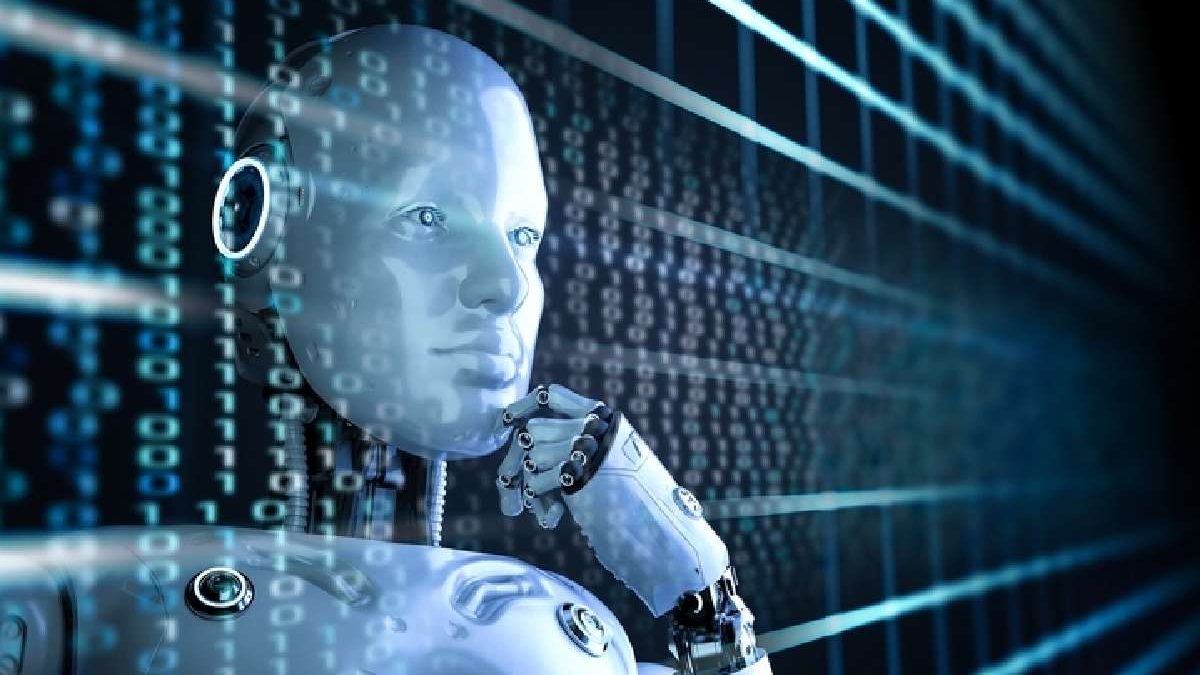The rise of artificial intelligence (AI) has led to speculation that it could one day replace coders and programmers in the workforce, which as accurate as sports betting odds. While AI has made significant advancements in recent years, the idea that it could completely replace human programmers remains a subject of debate. In this article, we will examine the potential for AI to replace coders and programmers in the future, as well as the challenges that would need to be overcome for this to become a reality.
Table of Contents
Advancements in AI and Programming
The use of AI in programming has been growing in recent years, with the development of systems such as auto-code generators, natural language processing, and machine learning algorithms. These systems can analyze large amounts of data, identify patterns, and generate code automatically, thereby reducing the need for human intervention in the coding process.
There are also AI systems that can assist programmers in debugging and testing code, allowing them to identify and fix errors more efficiently. Additionally, AI can help in optimizing code and improving the performance of applications, reducing the time and effort required for manual optimization.
The Potential for AI to Replace Coders and Programmers
Given the advancements in AI and programming, there is potential for AI to replace coders and programmers in the future. AI can automate repetitive tasks and generate code more quickly and accurately than humans. This could lead to increased productivity, reduced costs, and faster turnaround times for software development projects. Furthermore, AI has the potential to reduce the skill gap between novice and expert programmers. Novice programmers can use AI-assisted tools to generate code more efficiently and effectively, while expert programmers can focus on more complex tasks that require human intelligence and creativity.
Challenges to AI Replacing Coders and Programmers
Despite the potential benefits of AI in programming, there are several challenges that must be overcome before it can completely replace human programmers. One of the main challenges is the lack of understanding of the underlying problem domain. AI systems require large amounts of data to learn from, but if the data is not properly labeled or if there is a lack of data, the AI system may not be able to generate accurate code.
Another challenge is the lack of creativity and innovation in AI systems. While AI can generate code quickly and accurately, it may not be able to come up with creative solutions or new ideas. This requires human intuition, experience, and creativity, which are difficult to replicate with AI.
Additionally, there are ethical and social implications of AI replacing coders and programmers. The displacement of human programmers could lead to job loss and economic instability. It could also raise concerns about the role of AI in decision-making and the accountability of AI systems for errors or mistakes.
In conclusion, while AI has made significant advancements in recent years and has the potential to replace some tasks performed by human coders and programmers, the complete replacement of human programmers remains a subject of debate. The lack of understanding of the underlying problem domain, the lack of creativity and innovation in AI systems, and the ethical and social implications of AI replacing human programmers are some of the challenges that need to be addressed before AI can completely replace human programmers.
Therefore, it is likely that AI will not replace human programmers entirely but will work alongside them to augment their skills and capabilities. Human programmers will continue to play a crucial role in software development, as they bring unique skills and creativity that cannot be replicated by AI.

